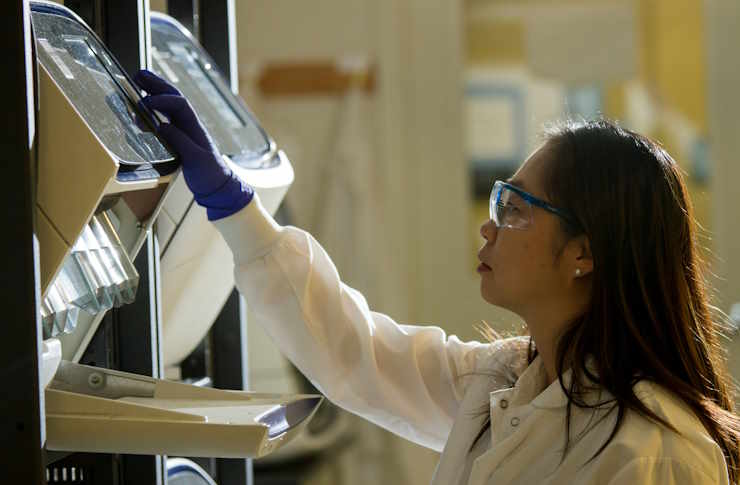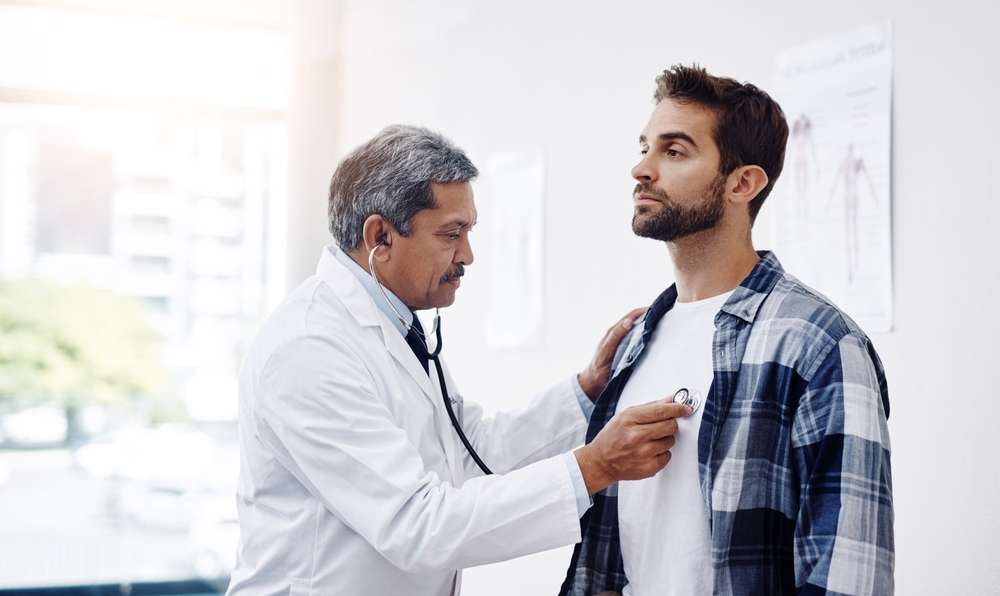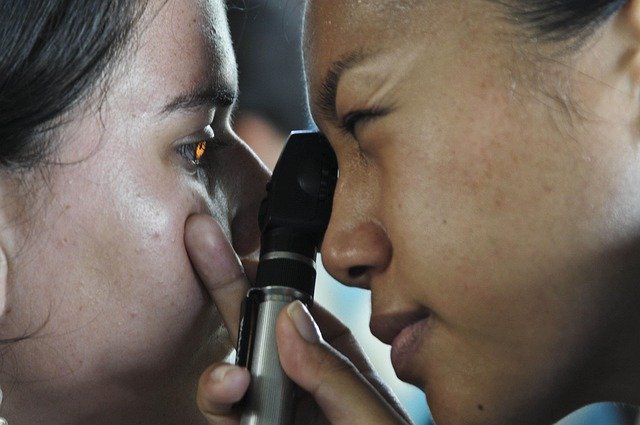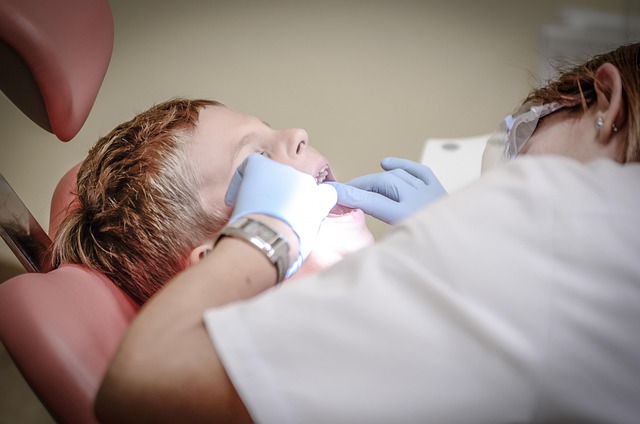Patient Assessment Skills Taught in Dutch Healthcare Education
The Netherlands has built a strong reputation for comprehensive healthcare education that emphasizes practical patient assessment skills. Dutch medical training programs integrate clinical reasoning, diagnostic techniques, and hands-on experience to prepare future healthcare professionals for real-world challenges. Understanding how these essential competencies are taught provides valuable insight into the quality and structure of medical education in the country.

Healthcare education in the Netherlands places significant emphasis on developing robust patient assessment capabilities among students. From nursing programs to medical schools, Dutch institutions prioritize a combination of theoretical knowledge and practical application. Students learn systematic approaches to gathering patient information, interpreting clinical findings, and making informed decisions that directly impact patient care outcomes.
Learn Essential Medical Skills
Dutch healthcare curricula are designed around core competencies that every medical professional must master. Patient assessment forms the foundation of these skills, encompassing history-taking, physical examination techniques, and clinical reasoning. Students begin with basic anatomy and physiology before progressing to more complex diagnostic procedures. Educational institutions use standardized patients, simulation labs, and supervised clinical rotations to ensure learners develop confidence and competence. The integration of evidence-based practice throughout training ensures that graduates can apply the latest research findings to patient care situations.
Medical schools and nursing colleges across the Netherlands employ a competency-based education model. This approach requires students to demonstrate proficiency in specific skills before advancing. Assessment methods include objective structured clinical examinations, portfolio reviews, and direct observation in clinical settings. Faculty members provide continuous feedback, helping students identify areas for improvement and build upon their strengths.
Explore Modern Medical Training
Contemporary Dutch healthcare education embraces technological innovation and interprofessional collaboration. Simulation centers equipped with high-fidelity mannequins allow students to practice patient assessment in controlled environments that mimic real clinical scenarios. These facilities enable learners to experience rare conditions, practice emergency responses, and refine their communication skills without risk to actual patients.
Virtual reality and digital platforms have become increasingly integrated into training programs. Students can access online modules covering everything from cardiac auscultation to neurological examinations. Interactive case studies challenge learners to synthesize information and develop differential diagnoses. Many institutions have adopted flipped classroom models where students review content independently before engaging in hands-on practice during contact hours.
Interprofessional education represents another cornerstone of modern Dutch medical training. Students from different healthcare disciplines learn together, practicing collaborative patient assessment and care planning. This approach mirrors real-world healthcare delivery where physicians, nurses, physiotherapists, and other professionals work as integrated teams. Joint training sessions help students understand various professional perspectives and develop mutual respect that enhances future workplace collaboration.
Professional Courses in Healthcare
The Netherlands offers diverse pathways for individuals pursuing healthcare careers. University medical programs typically span six years and lead to a medical degree, followed by specialized residency training. Bachelor of Nursing programs require four years of study and combine academic coursework with extensive clinical placements. Physician assistant programs and other allied health courses provide additional options for those interested in patient care roles.
| Program Type | Duration | Key Patient Assessment Components |
|---|---|---|
| Medical Doctor | 6 years + residency | Comprehensive physical examination, diagnostic reasoning, specialty-specific assessments |
| Bachelor of Nursing | 4 years | Vital signs monitoring, patient interviews, care planning, symptom recognition |
| Physician Assistant | 2.5 years | Clinical examination, diagnostic interpretation, treatment planning |
| Paramedic Training | 3-4 years | Emergency assessment, triage, rapid decision-making |
Continuing education plays a vital role in maintaining and enhancing patient assessment skills throughout professional careers. Dutch healthcare providers must participate in ongoing professional development to keep their registration current. Workshops, conferences, and certification courses address emerging assessment techniques, new diagnostic tools, and evolving best practices. Many institutions offer specialized courses focusing on specific patient populations such as pediatrics, geriatrics, or mental health.
Clinical placements form an integral component of all healthcare education programs in the Netherlands. Students spend significant time in hospitals, primary care practices, and community health settings under supervision of experienced professionals. These rotations provide opportunities to assess diverse patient populations, encounter varied clinical presentations, and develop practical skills that cannot be replicated in classroom settings. Supervisors evaluate student performance using structured assessment tools that measure both technical proficiency and professional behavior.
The Dutch healthcare education system emphasizes reflective practice and lifelong learning. Students are taught to critically evaluate their own performance, seek feedback actively, and identify knowledge gaps. This mindset prepares graduates to adapt as medical knowledge advances and healthcare delivery models evolve. Professional portfolios document skill development throughout training and serve as tools for self-assessment and career planning.
Quality assurance mechanisms ensure that educational programs meet national and international standards. Accreditation bodies regularly review curricula, teaching methods, and student outcomes. Graduates must pass national examinations demonstrating competence in patient assessment and other core areas before entering independent practice. These safeguards maintain the high quality of healthcare professionals entering the Dutch workforce.
Patient assessment education in the Netherlands continues to evolve in response to changing healthcare needs. Increasing emphasis on preventive care, chronic disease management, and patient-centered approaches influences how assessment skills are taught. Future healthcare professionals learn to consider psychological, social, and cultural factors alongside physical symptoms, recognizing that comprehensive assessment extends beyond traditional medical models. This holistic approach aligns with contemporary understanding of health and wellness, preparing graduates to meet the complex needs of diverse patient populations in an ever-changing healthcare landscape.




